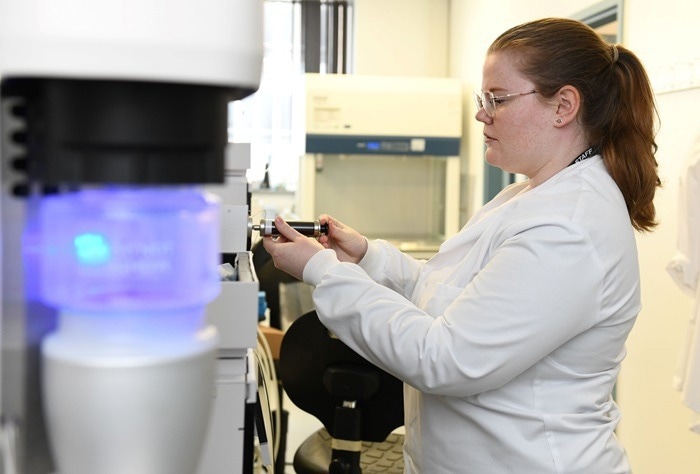Companies and research groups with novel solutions to tackle infection transmission will have the opportunity to shape the direction of the UK’s infection response and bid for funding through a new initiative to stimulate innovation.

Image Credit: Infection Innovation Consortium: iiCON
The Infection Innovation Consortium: iiCON, a consortium led by Liverpool School of Tropical Medicine, has been appointed by UK Research and Innovation (UKRI) to deliver the new project.
The consortium will bring together and support the formation of diverse cross-disciplinary networks to propel the development of new concepts and solutions that leverage disruptive technologies such as Artificial Intelligence (AI), digital and automation, advanced humanized infection models, and novel diagnostics to combat the spread of infection.
Combatting the transmission of infection is one of the key health challenges of our time, and one that is growing in urgency. As such, it’s critical that we leverage novel, disruptive technology to drive forward our collective efforts to tackle the spread of infection. We are particularly keen to engage individuals and companies who have not previously worked in this area.
We hope this exciting programme will spark the formation of new cross-disciplinary networks and support participants to shape the future direction of our response to infection transmission – bringing forward novel concepts and approaches that may hold the key to unlocking this critical issue.”
Professor Janet Hemingway, Founding Director, iiCON
Companies and groups will have the opportunity to apply to take part in two ‘sandpit’ events held in Liverpool on March 14th and London on May 9th. These intensive innovation workshop sessions will help to spark ideas, foster innovation, and create new collaborative approaches to tackle this urgent challenge and drive forward novel projects.
Complementing the work of UKRI’s flagship AMR and epidemic preparedness programmes, the sandpits will look to pump-prime radical new approaches to tackling infections by engaging new communities and capabilities with the challenge.
The programme is supported with £1.5 million funding from UKRI to bring new research communities together and support feasibility studies. The sandpits will shape the call for funding pots of £50,000 to £150,000 to test disruptive approaches to tackling infections. Network support grants of up to £50,000 will also be available.
The development of new antibiotics and companion diagnostics are out of scope for the new fund, as these are covered by the recently announced PACE initiative.